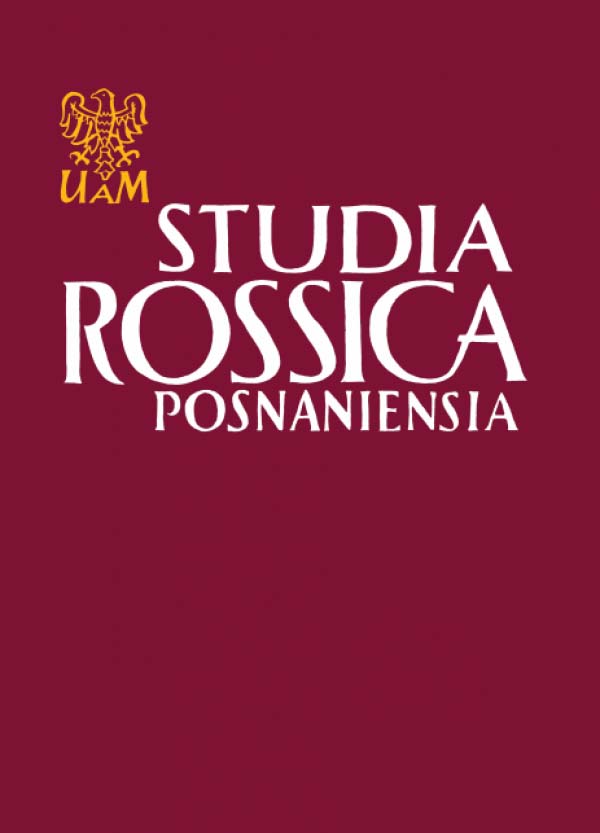ПРОИСХОЖДЕНИЕ НОМИНАТИВНЫХ ФОРМ ТИПА ЛЕСА, ГОРОДА В РУССКОМ ЯЗЫКЕ
THE ORIGIN OF NOMINATIVE FORMS OF THE TYPE 'ЛЕСА', 'ГОРОДА' IN MODERN RUSSIAN
Author(s): Vitalij MarkovSubject(s): Language studies, Language and Literature Studies, Philology
Published by: Uniwersytet Adama Mickiewicza
Summary/Abstract: The present article is an attempt at showing that the rise of nominatives of the type леса, ropoдá, is due to the complex process of accentual levelling affecting the plurals and to the extension of an accented vowel to all plural nominatives. Here observations concerning the accentual pattern of the case forms of feminine noun plurals seem to speak for themselves. As long as we are aware of the fact that the elimination of the accentual incompatibility in forms like гoловы — головам, матери — матерям was connected with the occurrence of nominative plurals of the type голова, матеря, that is, forms rahter unusual form feminine nouns, we may assume that nominatives like города, острова resulted from the analogous accentual incompatibility in masculine nouns of the type гoроды — городам, oстровы — островам.
Journal: Studia Rossica Posnaniensia
- Issue Year: 2/1971
- Issue No: 1
- Page Range: 117-125
- Page Count: 9
- Language: Russian

